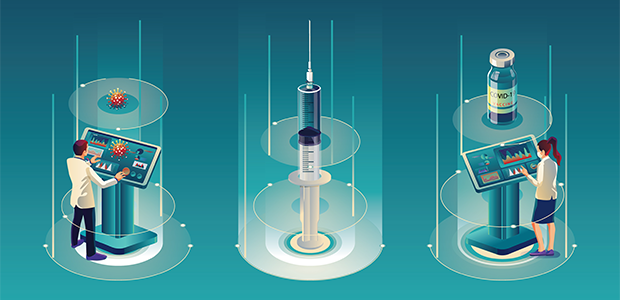
IridescentBio bringing virtual high-throughput assays to antibody R&D
IridescentBio, a pioneering techbio startup, is making waves in the Biopharma R&D sector with its innovative approach that combines chemistry and physics.
The four-member team is developing computational models in the cloud, aimed at revolutionizing lab-based research and development of antibody therapeutics. Their modelling framework is already showing promising results, capable of reconstructing hidden molecular data in biopharma patents and predicting the developability of new antibody sequences. This is a significant step in a drug development process that typically takes a decade and costs around $2 billion. These advancements are part of IridescentBio's broader goals, which include biopharma IP generation, patenting, and predicting biosimilars and biobetters.
Antibodies, essential to the immune system, are a major focus in biopharma. Engineering antibodies for specific targets is a complex task, with the potential to create treatments for a range of health issues, including cancer and other diseases. Understanding different engineering approaches to antibodies is crucial for addressing various health challenges.
IridescentBio is addressing a vital need in the field: the ability to predict the developability of antibodies. This concept refers to understanding an antibody's biophysical properties, like stability and interactions, and its potential for inclusion in drug formulations. Accurately predicting these properties can significantly reduce time and financial investments by focusing on the most promising candidates.
Nicholas Tito, co-founder of IridescentBio, elaborates on their groundbreaking work: “IridescentBio stands at the forefront of innovation in the field of antibody modelling, employing an in-house proprietary framework built from 'statistical thermodynamics'. This method not only speeds up the modelling process by about 1000 times compared to traditional methods but also ensures high accuracy. We can deliver a developability profile for an antibody within an hour, allowing researchers to make swift, informed decisions. Our methods are applicable to both patented and novel antibody sequences, aiding researchers in thoroughly assessing and distinguishing the potential of various sequences.”
The high failure rate of new drug candidates in clinical trials, at 84.6% from 2009-2018, underscores the need for improved scientific methods in the discovery and R&D phases, especially in antibody development. Traditionally, the initial selection process involves screening around 1000 candidates for a specific biotarget, aiming to identify the few with the highest success potential.
Tito adds, “Our initiative is set to transform this landscape by introducing computational predictive modelling that substantially economises time and financial resources, facilitating a more streamlined and successful progression through the R&D pipeline.”
The team at IridescentBio, led by Johannes Fraaije and Nicholas Tito and including Nick Benson as Sales Director and Andre Nunes as Chief Software Engineer, is collaborating with AnkerCloud for back-end development and Studio Projectie in Leiden, Netherlands, for front-end development.
With the biopharma industry's market cap at around $300 billion and a growth rate of 13%, the potential for new biomolecular therapies, including RNA and DNA drugs, is immense. IridescentBio, amidst this rapidly expanding industry, aims to be a vital resource for biopharma researchers, helping them make more informed decisions in the lab. Their contribution to this evolving field holds the promise of significantly improving human health.

